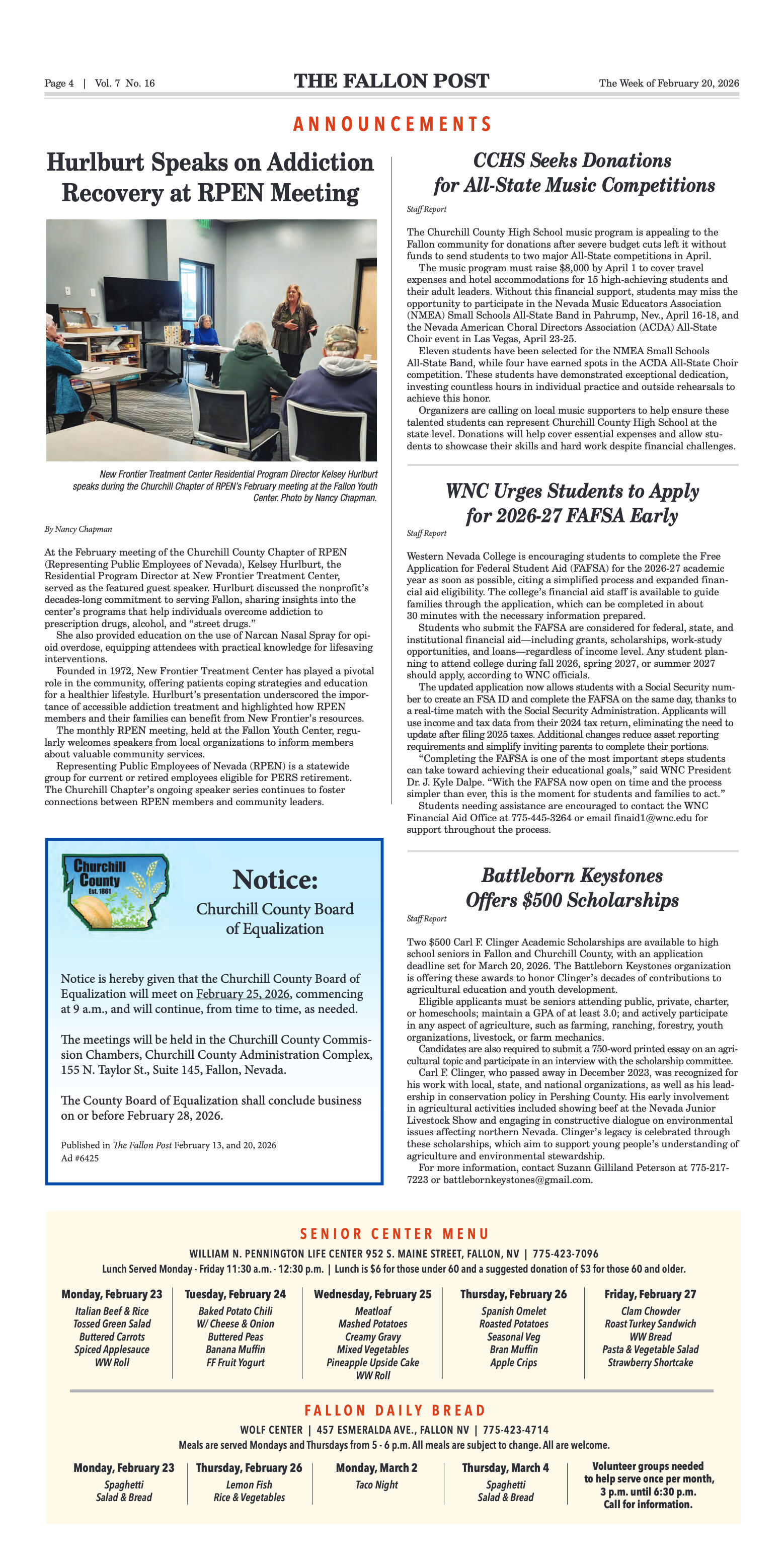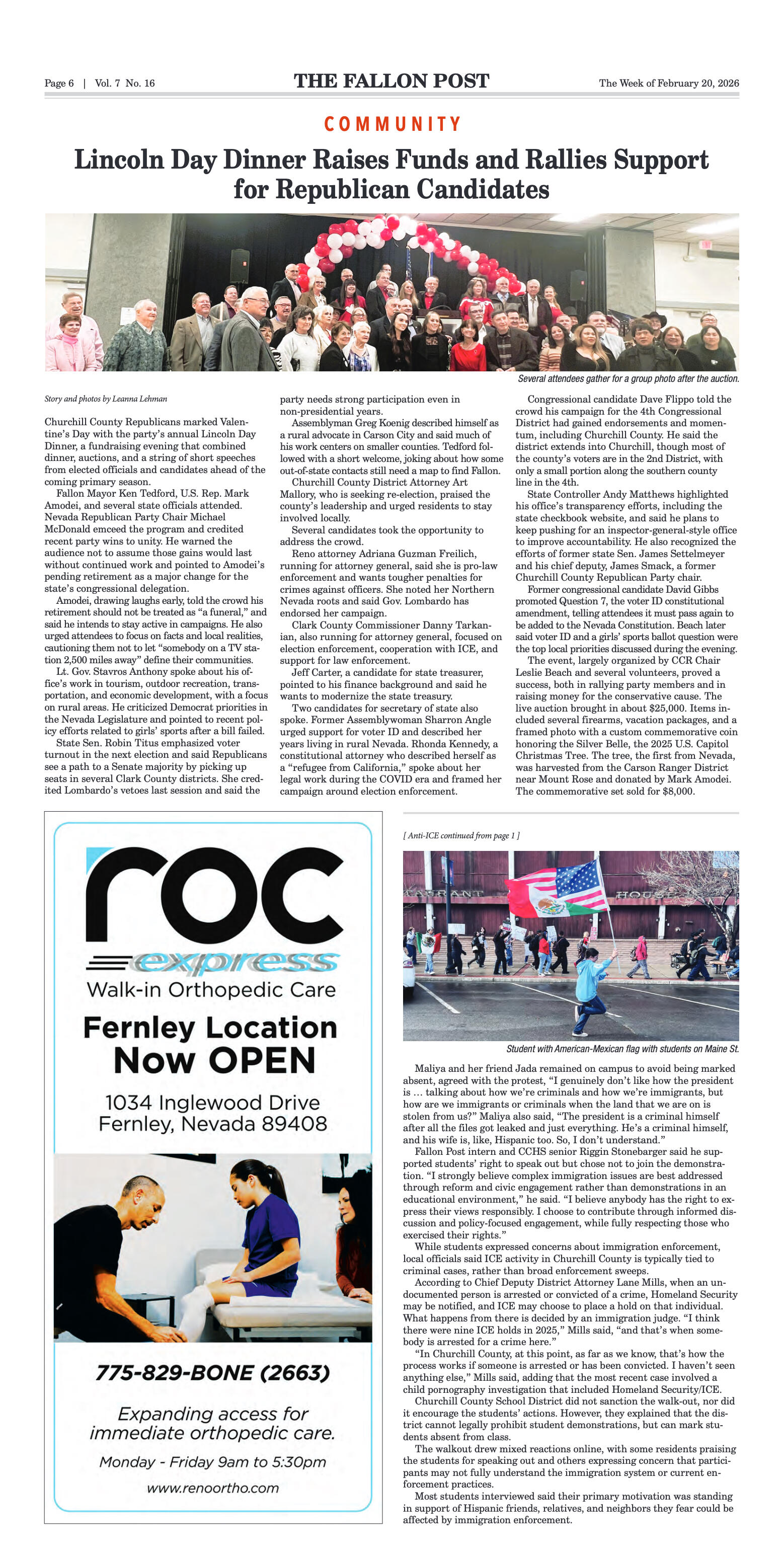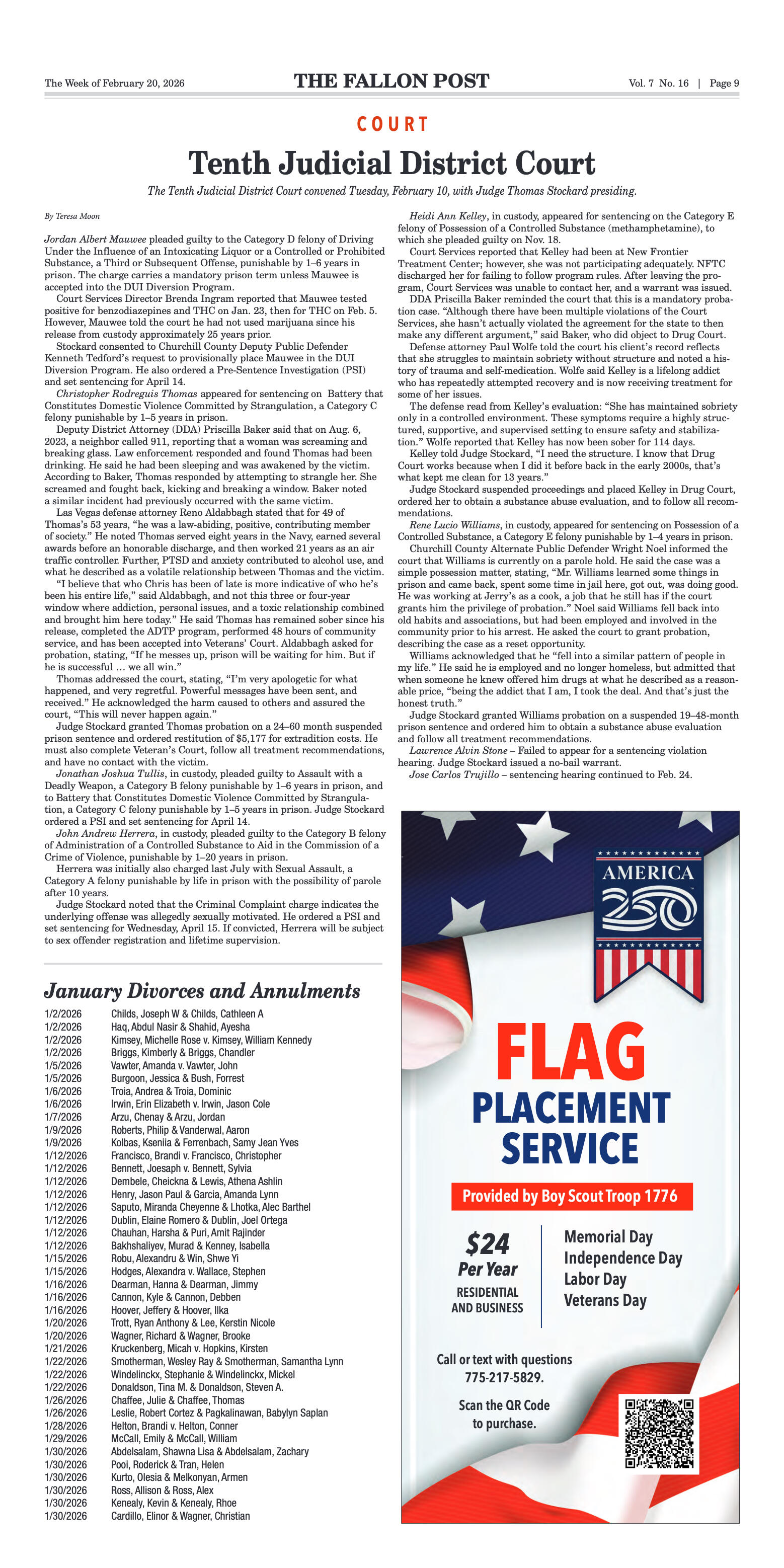It’s almost impossible to save too much for retirement. After all, you could spend two, or even three, decades as a retiree. And retirement is not cheap – even if you maintain a relatively modest lifestyle, some of your expenses, especially those involving health care, may continue to rise over the years. Consequently, you will need several sources of reliable income – one of which might be a fixed annuity. Fixed annuities are essentially contracts between investors and insurance companies. When you purchase a fixed annuity, the insurer will guarantee the principal and a minimum rate of interest. This means the money you invest in a fixed annuity is designed never to drop in value. (However, this guarantee is based on the claims-paying ability of the insurer that issues the annuity.) You can structure a fixed annuity to pay you for a certain number of years or for your entire lifetime, which is the route many people choose. This is advantageous not only because of what it provides you – income for life – but because it also may allow you to take out less money each year from your other retirement accounts. Here’s some background: Once you turn 70½, you are required to begin taking withdrawals from your traditional IRA and your 401(k) or similar employer-sponsored retirement plan. (This requirement does not apply to Roth IRAs.) You must take out a minimum amount, based on your age and account balance, but you are free to exceed that amount each year. But the more you withdraw from these accounts, the faster they are likely to be depleted. So, when you reach retirement, it’s a good idea to establish an appropriate annual withdrawal rate, based on your retirement plan balances, Social Security, lifestyle, longevity expectations and other factors. You may want to work with a financial professional to determine a withdrawal rate that’s suitable for your needs. If you can count on the income from a fixed annuity, you might be able to take out less each year from your traditional IRA and 401(k), giving these accounts more tax-deferred growth opportunities. Plus, if you don’t withdraw all the money from these accounts during your lifetime, you can include the remainder in your estate plans. A fixed annuity’s potential to help you extend the lifespan of your IRA and 401(k) can clearly be of value to you. Still, a fixed annuity does carry some issues about which you should be aware, such as surrender charges for early withdrawals, along with other fees. Also, if you take withdrawals before you reach 59½, you likely will face a 10% penalty. And annuities can have tax implications, so before you start taking withdrawals, you will want to consult your tax advisor. Is a fixed annuity appropriate for you? There’s really no one correct answer because everyone’s situation is different. However, if you consistently max out your IRA and 401(k) contributions, and you still have money left to invest for retirement, you might want to think about an annuity. An income stream you can’t outlive – and that may help you protect your other retirement accounts – is worth considering. Edward Jones is a licensed insurance producer in all states and Washington, D.C., through Edward D. Jones & Co., L.P., and in California, New Mexico and Massachusetts through Edward Jones Insurance Agency of California, L.L.C.; Edward Jones Insurance Agency of New Mexico, L.L.C.; and Edward Jones Insurance Agency of Massachusetts, L.L.C. This article was written by Edward Jones for use by your local Edward Jones Financial Advisor. Support local, independent news – contribute to The Fallon Post, your non-profit (501c3) online news source for all things Fallon. Sign up to receive updates and the Friday File email notices.
Fixed Annuity Could Help Extend Lifespan of Retirement Accounts
- 04/24/2019 02:27 PM (update 04/10/2023 11:09 PM)












































Comment
Comments